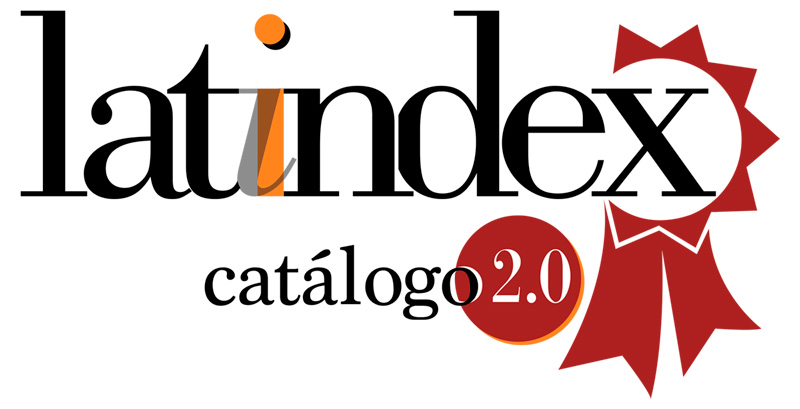Language and Strangeness: a Psychoanalytic and Gothic Reading of “The Raven” by Edgar Allan Poe
DOI:
https://doi.org/10.35626/cl.15.2018.265Keywords:
Uncanny, anxiety, repression, Freund, Lacan, Poe, The ravenAbstract
This paper explores the theoretical relevance that Freudian uncanny (das Unheimlich) and Lacanian anxiety (l”™ Angoisse) have for gothic literary studies. Different from the sublime and the terrifying, the uncanny is characterized for presenting inherently homely elements which, in turn, produce, fear and repulsion; nonetheless, they also generate allurement. For Freud, the uncanny is related to the mechanisms of castration and repression making the homely, which has been repressed in the unconscious, returns as something foreign. On the same token, Lacan explains the uncanny according to his theory of anxiety, which emerges every time an object that should obligatorily be hidden, reappears importuning the individual. Finally, all this theoretical itinerary on the uncanny and the anxiety will be confirmed through a gothic and psychoanalytic reading of Edgar Allan Poe”™s poem “The Raven” in which the distinguished element will be language.








